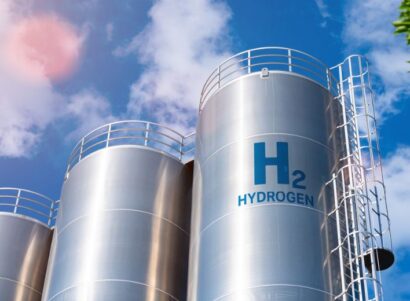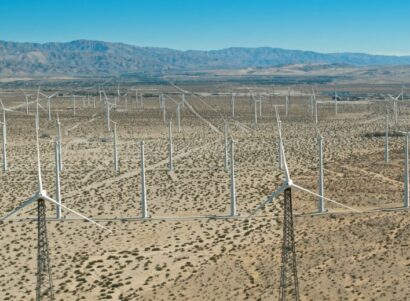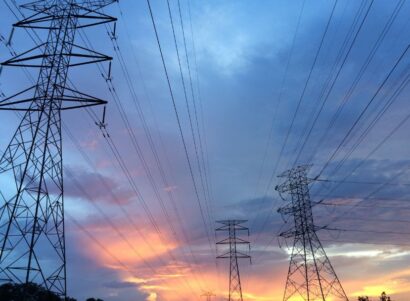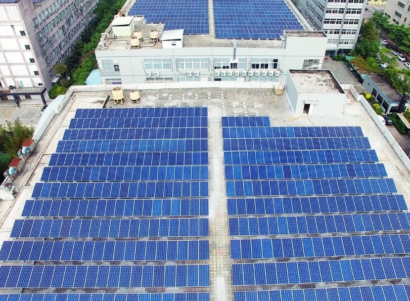Press Contact: Adrienne Underwood, adrienne@psehealthyenergy.org, 530-919-2164
OAKLAND, CA – Natural gas transported by interstate pipelines contains hazardous air pollutants and known human carcinogens, according to a first of its kind study published in Environmental Research Letters by researchers at the nonprofit research institute PSE Healthy Energy.
In the United States, interstate transmission pipelines that transport natural gas release significant quantities of unburned gas during routine operations and unintentional leaks (e.g., blowdowns and blowouts). In 2020 alone, the Environmental Protection Agency estimated that natural gas transmission infrastructure leaked over 1.4 million tons of methane—a potent greenhouse gas. Despite this, no previous analysis has evaluated whether the gas in this system contains hazardous air pollutants.
“Interstate natural gas pipelines are critical energy infrastructure that is normally off limits to researchers,” said the study’s leading author Curtis Nordgaard, an environmental health scientist at PSE Healthy Energy and a board-certified pediatrician. “This is the first study to investigate the chemicals moving through our nation’s vast natural gas transmission network. Our results indicate that there are surprising levels of harmful air pollutants and carcinogens, creating potential health risks if gas leaks into nearby communities.”
Using industry-reported data from infrastructure applications submitted to federal regulators, PSE scientists calculated the concentration of hazardous air pollutants in natural gas transmission pipelines. The researchers found BTEX (benzene, toluene, ethylbenzene, and xylenes) and hexane reported in nearly all filings that disclosed hazardous air pollutant data. Industry reports also included other health-damaging compounds, including mercury, the radioactive gas radon, and hydrogen sulfide. While concentrations of these chemicals varied, some were health-relevant. In the case of benzene, concentrations in transmission gas were reported as high as 299 parts per million, or 30,000 times the short-term exposure level considered low-risk by the California Environmental Protection Agency. Concentrations of benzene in condensate were much higher. Many of the chemicals reported in this pipeline gas are known to cause neurodevelopmental impairments, lung cancer, leukemia, and respiratory illness.
“We know that natural gas transmission infrastructure is responsible for methane emissions that damage the climate. This new study indicates that these leaks also contain chemicals that are dangerous for human health,” said PSE Healthy Energy Executive Director Seth B.C. Shonkoff. “Stopping natural gas leaks is critical for the climate and to protect the health of our communities.”
The researchers used industry-reported data from natural gas infrastructure expansion applications approved by the Federal Energy Regulatory Commission (FERC) between 2017-2020 and ongoing industry measurements reported for five interstate pipelines from December 2020 through June 2021. Because the industry is not strictly required to report the presence of hazardous air pollutants in expansion applications, over 50% of applications did not report any hazardous pollutant data. The pipelines evaluated represent 45% of all onshore natural gas transmission systems by mileage.
###
About PSE Healthy Energy
PSE Healthy Energy is a nonprofit research institute dedicated to supplying evidence-based scientific and technical information on the public health, environmental, and climate dimensions of energy production and use. We are the only interdisciplinary collaboration focused specifically on health and sustainability at the intersection of energy science and policy. Visit us at psehealthyenergy.org and follow us on Twitter @PhySciEng.













